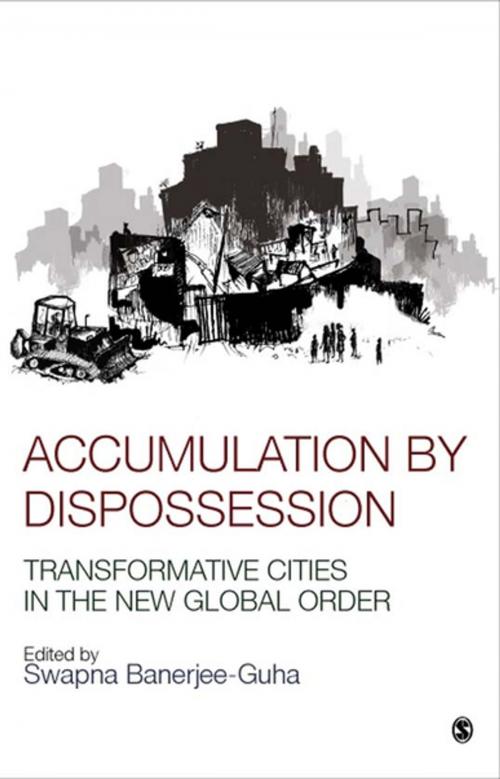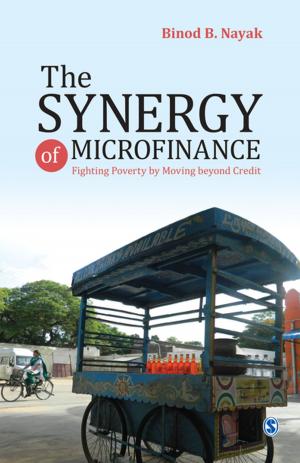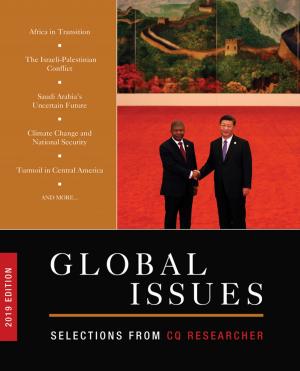Accumulation by Dispossession
Transformative Cities in the New Global Order
Nonfiction, Social & Cultural Studies, Social Science, Human Geography, Sociology, Urban, Science & Nature, Science| Author: | ISBN: | 9789351509363 | |
| Publisher: | SAGE Publications | Publication: | August 17, 2010 |
| Imprint: | Sage Publications Pvt. Ltd | Language: | English |
| Author: | |
| ISBN: | 9789351509363 |
| Publisher: | SAGE Publications |
| Publication: | August 17, 2010 |
| Imprint: | Sage Publications Pvt. Ltd |
| Language: | English |
The contemporary regime of globalisation and neoliberalism is creating a far-reaching impact on different scales across the world. On the urban scale it has resulted in a huge transformation of the city space, land use and reorganisation of the urban governance. This book is a provocative examination of the contemporary urban scenario in several countries, offering South Asian, North American and European perspectives. Written by some of the most eminent theorists and social scientists of our time, the chapters cover critical empirical analyses of the contemporary transformation processes of several cities and the related socio-economic implications.
The book focuses on the intense spatial crisis in these metropolises, reflecting contradictory processes of inclusion and exclusion—a typical characteristic of the global city space. The above crisis, the essays argue, is essentially related to the disjuncture between the ideology of neoliberalism, its everyday practices and the related societal effects. Debunking the myth of homogenisation through globalisation, this volume exposes a divided framework in which globalisation and neoliberalism work, leading to increasing polarisation. There is a special section that focuses on Mumbai, which is especially relevant to the study of India's current urban policy and its wider ramifications.
The book will be extremely useful for researchers and students of political economy, globalisation and development studies, urban studies, and for urban planners, professionals and urban activists as well.
The contemporary regime of globalisation and neoliberalism is creating a far-reaching impact on different scales across the world. On the urban scale it has resulted in a huge transformation of the city space, land use and reorganisation of the urban governance. This book is a provocative examination of the contemporary urban scenario in several countries, offering South Asian, North American and European perspectives. Written by some of the most eminent theorists and social scientists of our time, the chapters cover critical empirical analyses of the contemporary transformation processes of several cities and the related socio-economic implications.
The book focuses on the intense spatial crisis in these metropolises, reflecting contradictory processes of inclusion and exclusion—a typical characteristic of the global city space. The above crisis, the essays argue, is essentially related to the disjuncture between the ideology of neoliberalism, its everyday practices and the related societal effects. Debunking the myth of homogenisation through globalisation, this volume exposes a divided framework in which globalisation and neoliberalism work, leading to increasing polarisation. There is a special section that focuses on Mumbai, which is especially relevant to the study of India's current urban policy and its wider ramifications.
The book will be extremely useful for researchers and students of political economy, globalisation and development studies, urban studies, and for urban planners, professionals and urban activists as well.















